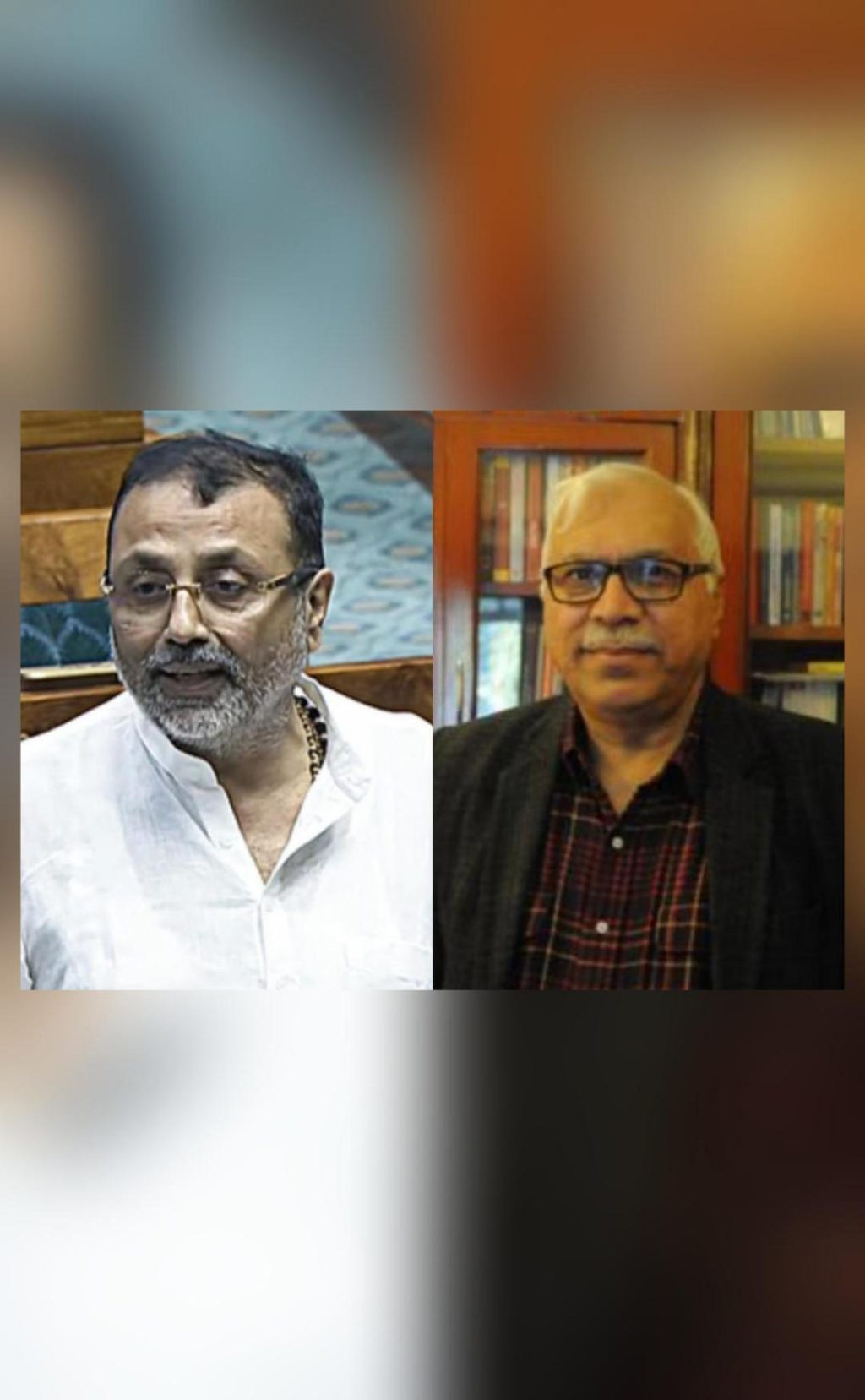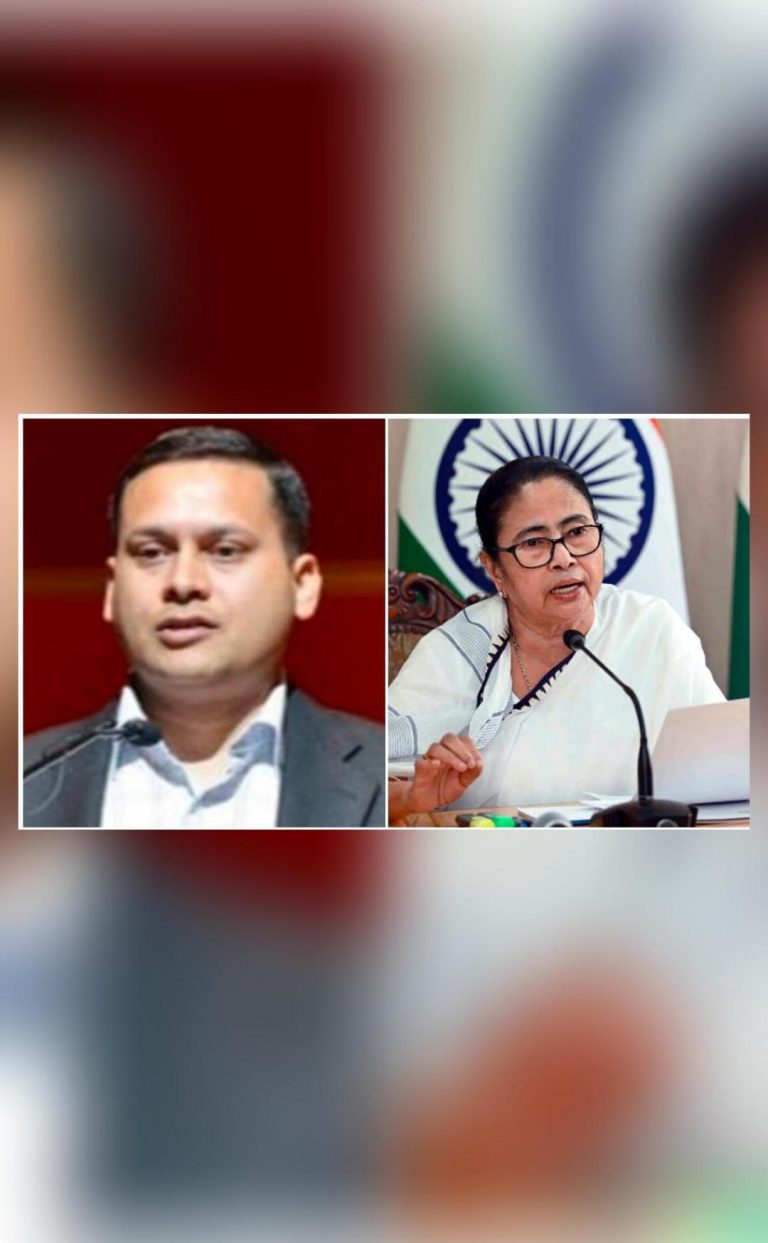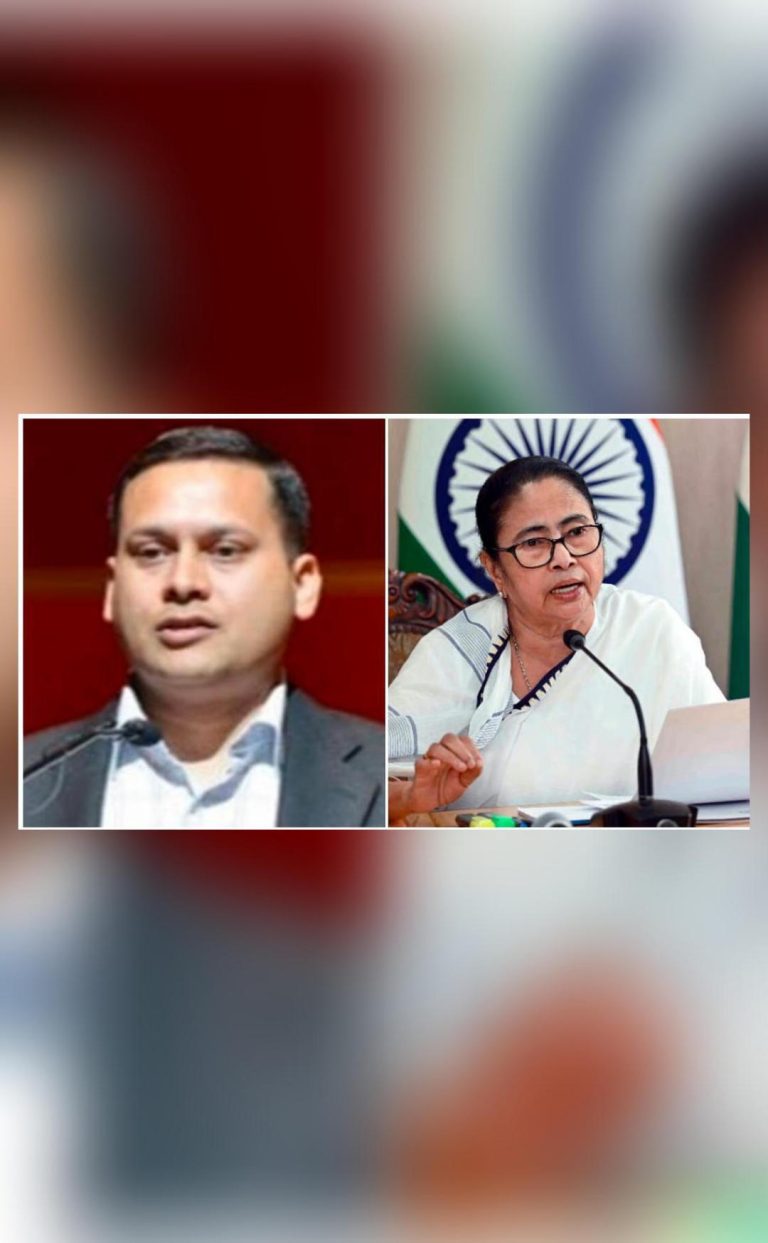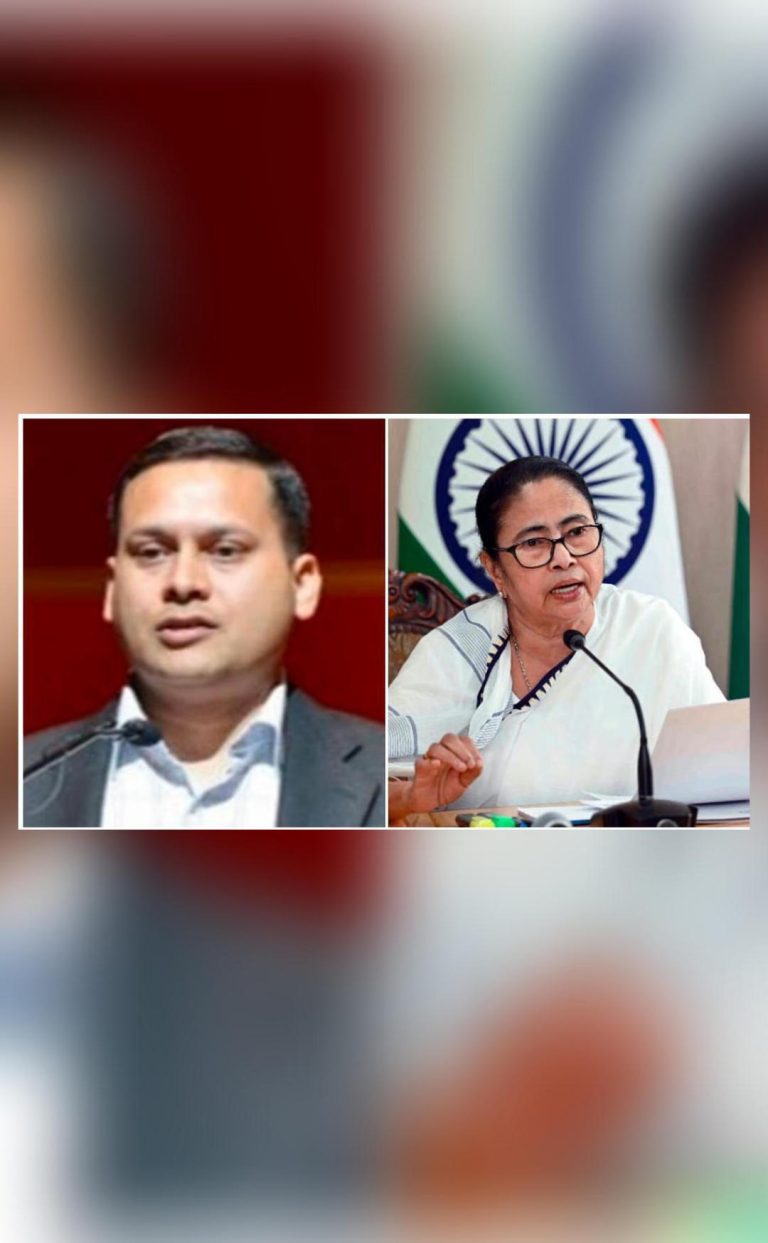
Muslim Commissioner: Dubey as Ex-CEC Quraishi Calls Waqf Act Centre’s ‘Evil Plan’
The debate over the Waqf Act has taken a new turn with a BJP MP, Nishikant Dubey, targeting former Chief Election Commissioner SY Quraishi, who had earlier called the Act an “evil plan” of the Centre to “grab Muslim lands”. Dubey’s comments have sparked a fresh controversy, with many questioning the motives behind his attack on Quraishi.
Quraishi, a former Chief Election Commissioner of India, had sparked a national debate when he described the Waqf Act as an “evil plan” of the Centre to “grab Muslim lands”. The Act, which was passed in 1995, is a law that governs the management and administration of mosques and other Muslim religious properties across the country.
In a recent statement, Dubey, a BJP MP from Jharkhand, targeted Quraishi, saying that he was a “Muslim commissioner” during his tenure as Chief Election Commissioner. Dubey’s comments were widely seen as an attempt to undermine Quraishi’s credibility and attack his integrity.
Dubey’s statement was made in response to Quraishi’s earlier comments, in which he had questioned the Centre’s intentions behind the Waqf Act. Quraishi had said that the Act was an “evil plan” to “grab Muslim lands” and that it was a “blatant attempt to change the demography of India”. He had also stated that the Act was a “threat to the very existence of Muslim society in India”.
Quraishi’s comments were widely condemned by the Centre and its supporters, who saw them as an attempt to polarize the country along religious lines. However, many others saw Quraishi’s comments as a warning about the dangers of communalism and the need to protect the rights of minorities in India.
In his statement, Dubey claimed that Quraishi’s tenure as Chief Election Commissioner was marked by irregularities and that the maximum number of Bangladeshi infiltrators were made voters in Jharkhand’s Santhal Pargana during his tenure. Dubey also claimed that Quraishi’s actions were a “threat to national security”.
However, Quraishi has refuted Dubey’s claims, saying that they were baseless and motivated by a desire to stoke communal tensions. Quraishi has also challenged Dubey to provide evidence to support his claims, saying that he was confident that the Supreme Court would reject Dubey’s allegations.
The controversy over the Waqf Act and Quraishi’s comments has sparked a national debate about the role of religion in Indian politics and the need to protect the rights of minorities in the country. Many have questioned the Centre’s intentions behind the Act and have called for greater transparency and accountability in its implementation.
The controversy has also raised questions about the integrity and credibility of public officials like Quraishi, who have spoken out against the Centre’s policies. Many have argued that public officials like Quraishi have a duty to speak out against policies that are harmful to the country and its people, even if it means facing criticism and backlash.
In conclusion, the controversy over the Waqf Act and Quraishi’s comments has highlighted the need for greater transparency and accountability in Indian politics. It has also raised questions about the role of religion in Indian politics and the need to protect the rights of minorities in the country.
As the debate continues to rage on, it is essential that public officials like Quraishi are given the space to speak out against policies that are harmful to the country and its people. It is also essential that the Centre and its supporters take steps to address the concerns of minorities and to promote greater understanding and tolerance between different communities in India.





